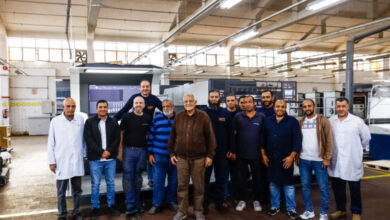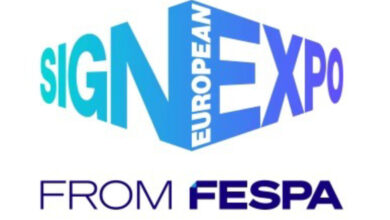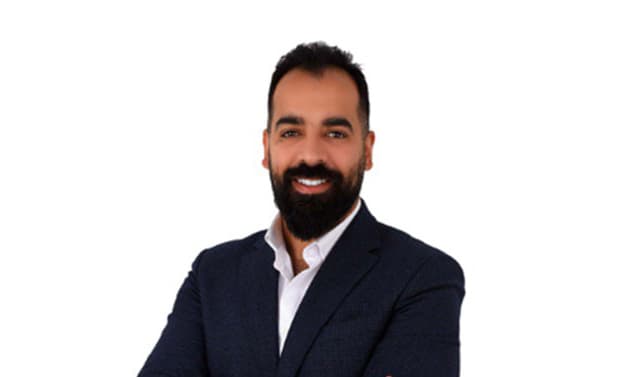
As we have got more used to it, plastic in its myriad forms has improved and simplified our lives, irreplaceably. It’s easy to buy, cheap to use, and convenient to throw away. And therein lies the problem.
Statistics put plastic production at over 9.5 billion metric tons thus far by humankind. Plastic accumulating in our oceans and on our beaches has become a global crisis. Billions of pounds of plastic can be found in swirling convergences that make up about 40% of the world’s ocean surfaces. Studies indicate that if this trend continues, plastic is expected to outweigh all the fish in the sea by 2050.
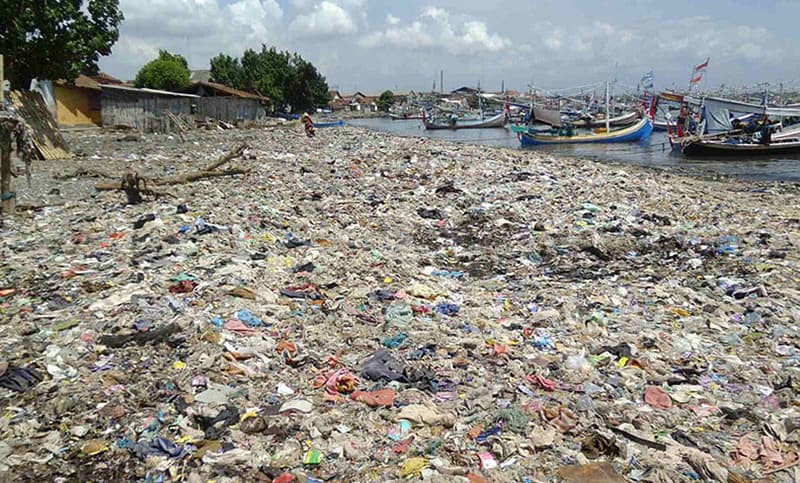
Globally, only 9% of plastic is recycled. This is not generally due to the lack of recycling technology, but because it’s not economically feasible to collect, clean, and sort plastic waste.
Staring at this catastrophe, there are, however, many global organisations that are trying to tackle plastic pollution and poverty at the same time. Plastic Bank, the Canadian for-profit social enterprise, is a world leader that has taken on the responsibility of building recycling ecosystems in under-developed communities in an effort to fight both plastic pollution in oceans, as well as high poverty levels in developing countries. The Vancouver-based company empowers ethical recycling in vulnerable coastal communities and reprocesses the materials for reintroduction into the global supply chain as Social Plastic feedstock. The block-chain secured platform enables traceable collection, secures income, and verifies reporting, right from the initial collection of plastic through to the products manufactured with Social Plastic feedstock that are available on supermarket shelves around the world.
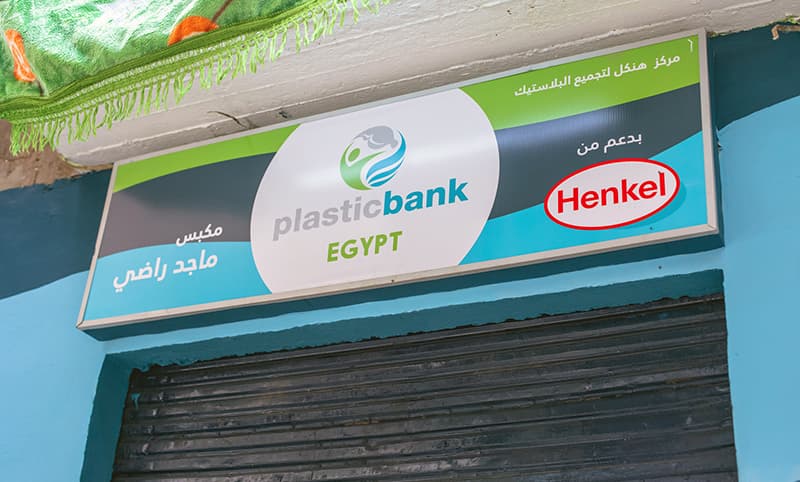
Founder and Chairman David Kantz says that he has found a way to make the economics work in developing countries where Plastic Bank currently operates, including Brazil, Egypt, Indonesia, and the Philippines. “Our partner companies help fund informal waste collection efforts in one or more countries of operation. The informal workers often clean and sort their material which is dropped off at our collection centres, where it’s weighed and sent to local processors who further sort and shred it into flakes. The recycled materials are then bought by some of our partners at a premium for use in their new products. The plastic collectors are paid as per the material’s market value, plus a premium that we provide, allowing some of the world’s poorest to support themselves through plastic collection alone,” explains Kantz.
But only about 20% of Plastic Bank’s partners actually buy recycled plastic for use in new products. The remaining 80% buy plastic credits that helps offset their plastic production by funding recycling efforts in countries where Plastic Bank operates.
Collected plastic sent to the processing partners is reborn as Social Plastic, a high-quality recycled plastic feedstock. Products and packaging made from the feedstock provide consumers the opportunity to make sustainable and purposeful choices, with the ‘Made with Social Plastic’ packaging badges amplifying brand value with authenticity, purpose, and consumer trust. Plastic Bank’s collection branches also offer local training workshops on waste management, financial literacy, digital enablement, and health education.
Mitigating Plastic Scourge in the Middle East
Plastic Bank continues to drive plastic collection and recycling as well as empowering collection communities in Egypt in 2023 in partnership with German multinational chemical and consumer goods company Henkel since 2021. In a related development, Plastic Bank recently announced the appointment of Ahmed Abd ElAleem as its new Regional Head for Europe, the Middle East, and Africa (EMEA) region. Armed with over 15 years of experience in supply chain and sourcing activities, ElAleem has built capacities and developed different types of alternative fuels and logistics for several national and international organisations. In his new role, he is expected to continue building a circular economy that is beneficial for people and the planet while supporting the overall corporate strategy of Plastic Bank. “Through shared values with Plastic Bank, the aim is to empower communities and enable them to exchange waste for money, goods, or services,” says ElAleem.


